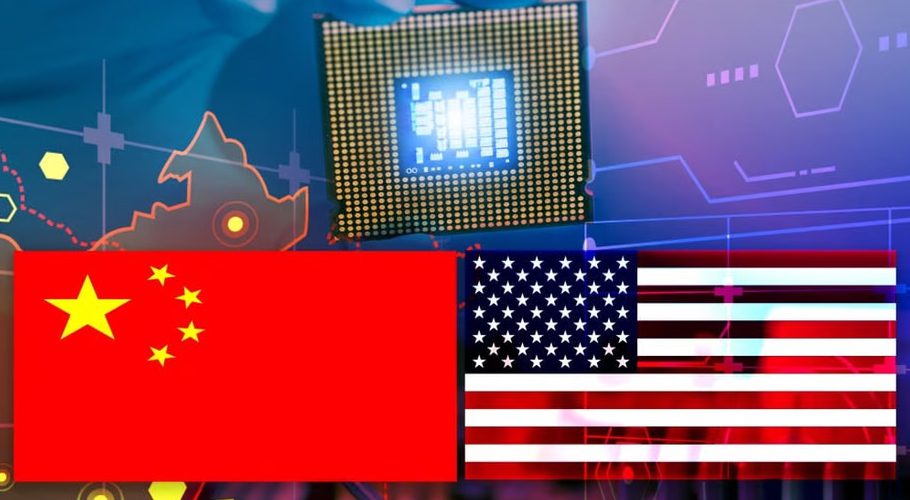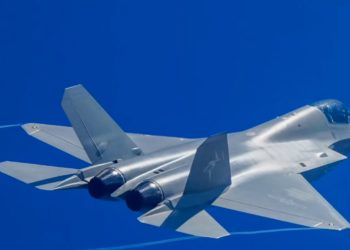WASHINGTON: The United States is reported to have placed three dozen Chinese companies on a trade blacklist, in another escalation of its effort to slow China’s development of advanced chips and technologies for military uses such as hypersonic weapons.
According to multiple reports published across western media, the commerce department put 36 Chinese groups on the “entity list”, including the country’s top flash memory chip maker, marking Washington’s latest effort to block China from a global hi-tech supply chain that supports the production of advanced military equipment.
Reports suggest the US move means American companies will require extremely hard-to-obtain licences to export critical technologies to those customers in China.
“Today we are building on the actions we took in October to protect US national security by severely restricting the PRC’s ability to leverage artificial intelligence, advanced computing, and other powerful, commercially available technologies for military modernisation and human rights abuses,” said Alan Estevez, the US Commerce Department’s industry and security undersecretary, in a statement on Thursday.
Most notable among the newly added companies is Wuhan-based Yangtze Memory Technologies Co, the biggest player in China’s flash memory market and a state-owned company estimated to control 5 to 6 per cent of the global NAND flash memory market. A YMTC subsidiary in Japan was also included in the latest trade blacklist.
Other well-known names on the expanded Entity List include Shanghai Micro Electronics Equipment, which is perhaps Beijing’s best current hope to produce machines that can manufacture advanced chips. The firm was previously on the Unverified List.
The dramatic action comes after Washington in October unveiled severe export controls designed to prevent China from developing high-end chips or producing the tools required to manufacture the chips domestically, as part of a growing effort to slow its military modernisation.
“We are building on the actions we took in October to protect US national security by severely restricting . . . China’s ability to leverage artificial intelligence, advanced computing and other powerful, commercially available technologies for military modernisation and human rights abuses,” said Alan Estevez.


































